Civilization and its Discontents
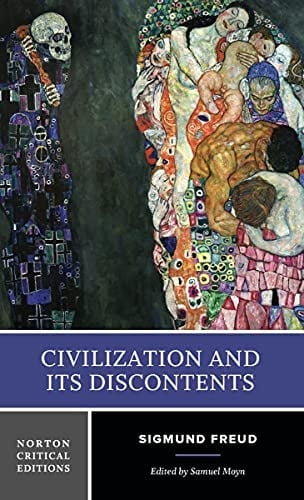
Admittedly, Civilization and its Discontents paints a bleak view of the possibilities for both the individual and civilization. In Freud’s view, human beings are caught, seemingly eternally, between a rock and a hard place. But the book itself provides so many opportunities for debate—about religion, which Freud considers a “mass delusion.” About the Arts, which are not something that anyone “would care to put . . . in the background as trivialities” but which are also “useless” and “with no practical value whatever.” About love. About suffering. About addiction. At its core, the book invites a debate about basic human nature—are we capable of transcending aggression? Is our core hostile and selfish?
Thousand Nights and a Night

Tales from 1,001 Nights shed light on a different world for modern readers. Although highly fictionalized, even fantastic, the stories reflect social mores, political structures, family life, and daily occupations of another time and place, while simultaneously connecting to human concerns like the desires for happiness and justice, the presence of negative emotions like jealousy and anger, inequity and misunderstanding between genders, and the morality of those in power. Since almost all students have some familiarity with subgenres of folk literature, these stories are recognizable and accessible. They are also ideal for the classroom because they are (mostly) easy to extract and teach as free-standing pieces of literature. Further, students tend to find these stories interesting, funny, frustrating, entertaining, and even delightful.
Utilitarianism
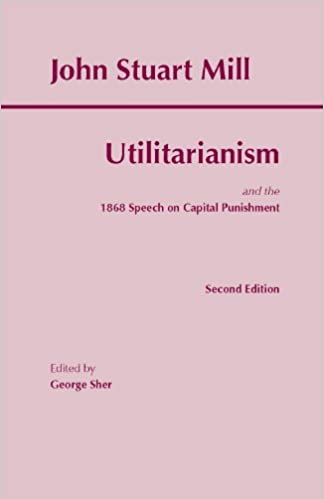
The creed which accepts as the foundation of morals “utility” or the “greatest happiness principle” holds that actions are right in proportion as they tend to promote happiness; wrong as they tend to produce the reverse of happiness. By happiness is intended pleasure and the absence of pain; by unhappiness, pain and the privation of pleasure.
The Wealth of Nations
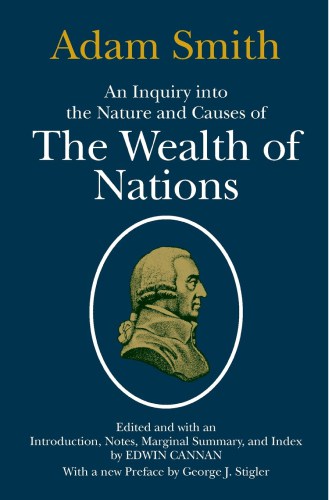
Adam Smith’s Wealth of Nations is the foundational argument for capitalism, classical liberalism, neoliberalism, and derivatively, libertarianism. It is the central text of political economy. While the work is often invoked by the ideologues of free-market capitalism, it is just as often misunderstood, misread, or ignored by those same proponents. Smith’s analyses of how interventions and changes in one section of the economy have unforeseen ramifications elsewhere is always fascinating and insightful. His fundamental belief that the self-interested economic behavior of individuals can lead, as an epiphenomenon, or as he says, by an “invisible hand,” to economic prosperity for the whole of society, can be seen as the ultimate conclusion to a line of thought initiated by Thomas Hobbes.
Second Discourse
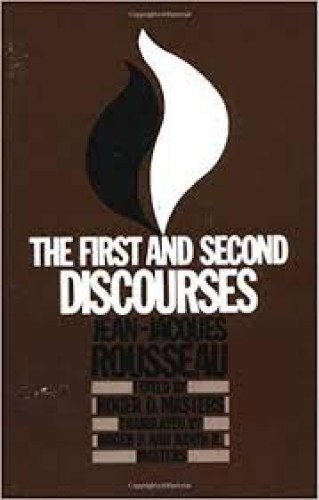
Rousseau with his Second Discourse is a superlative example of the self-critique of the Enlightenment project from within the Enlightenment project itself. The development of civilization and political society, while bringing great benefits to mankind, is paradoxically the source of most of our evils. In fact, the ultimate progress of political society will end in tyranny! This is an innovative text featuring methods and conclusions new to the history of thought. Along with his revolutionary explanation of the origins of inequality in the invention of property, he has equally revolutionary proposals about the origins of language and its development. He engages in the earliest anthropological studies, utilizing physiological and biological arguments, especially in his notes to the text, to make many of his points about the peacefulness of the state of nature.
Ain’t I a Woman
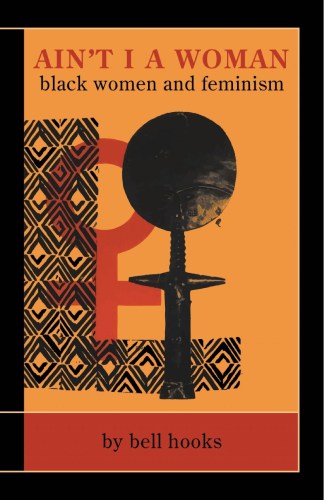
This text shines a light on a major gap in feminism and civil rights movements and traces the damaging and pervasive oppression and disregard for black women. She makes visible and clear the struggles of black women in America while also tracing the origins and roots of a dual racial and sexist oppression through slavery and into the 20th century. It is the first major study looking at the intersection of racism and sexism in the lives of black women.
Democracy in America
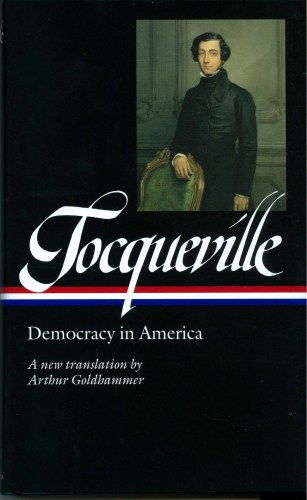
Alexis de Tocqueville’s Democracy in America allows students to grapple with complexities and paradoxes associated with democracy and democratic government. Furthermore, Democracy in America allows students to explore how democracy has changed in the United States over time. Tocqueville’s purpose for writing Democracy in America is to examine why democracy worked in the United States by the early-nineteenth century, while previous attempts in France failed. Tocqueville’s purpose will require students to examine how certain social, economic, and political conditions in individual nations can influence the success and failure of certain forms of government.
Antigone
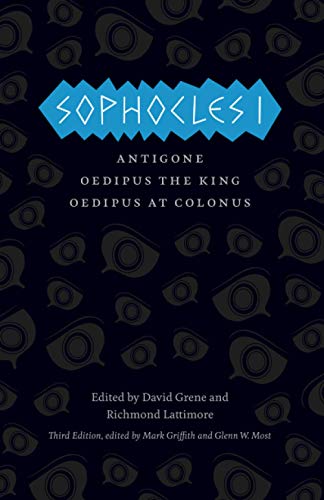
Antigone confronts the audience with the questions- is what is legal always what is just? Creon’s law denies Polyneices a basic burial rite. It is illegal to break this law, but Antigone makes the case that Creon has no right to make this law since is flies in the face of the will of the gods. She refuses to obey an unjust law. The play makes clear that Creon offends the gods with his unjust law and that he perverts the relationship between the living and dead; first by refusing to allow Polyneices to be buried and then again by burying Antigone alive. The play also offers an interesting reflection on leadership and the role of the state.
One Day in the Life of Ivan Denisovich
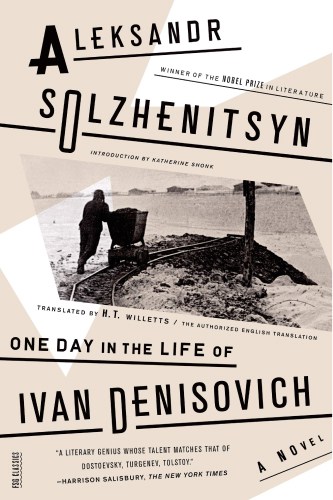
This book was transformational upon publication because of the way in which it exposed the harsh reality of the lives of even unexceptional political prisoners in the huge system of camps that made up the Soviet Gulag. Along with Solzhenitsyn’s other writings and the works of other artists coming out of the Soviet Union, it contributed to the eventual demise of that system. This can be a good place to start, but for most students the truly transformative aspect of the work will be the questions it raises rather than the abuses it uncovers.
The Federalist Papers
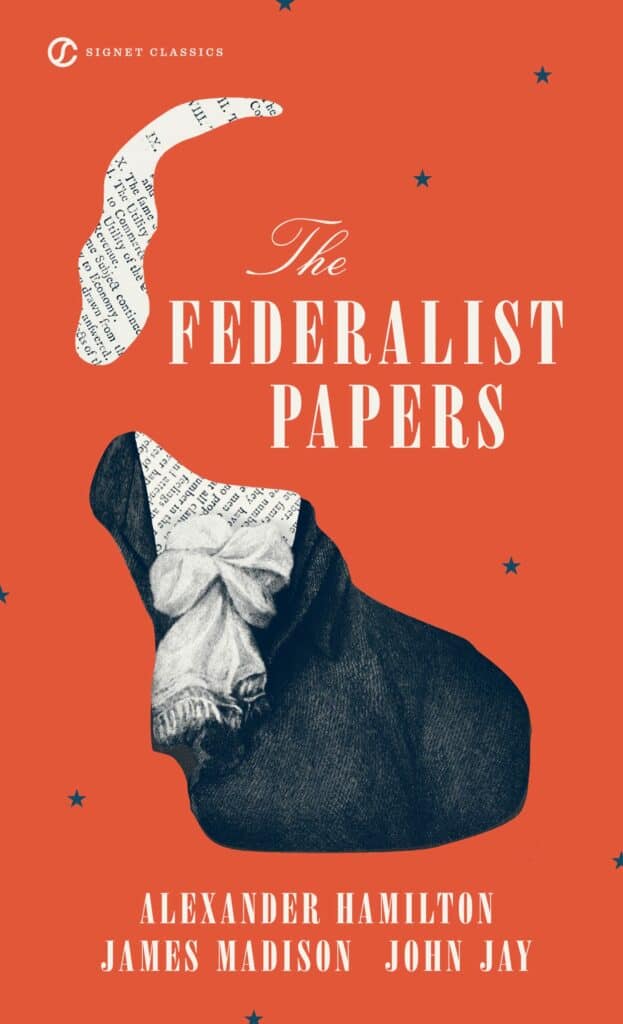
The arguments of Publius are alive today. In 1821, Chief Justice John Marshall wrote of The Federalist Papers, “It is a complete commentary on our constitution; and is appealed to by all parties in the questions to which that instrument has given birth. Its intrinsic merit entitles it to this high rank, and the part two of its authors [i.e., Hamilton and Madison] performed in framing the constitution, put it very much in their power to explain the views with which it was framed.” This view has not waned. The Federalist Papers continue to be cited in US Supreme Court cases as the authoritative interpretation on the original intent of the US Constitution as well as in thousands of law review articles and cases of the lower courts.

